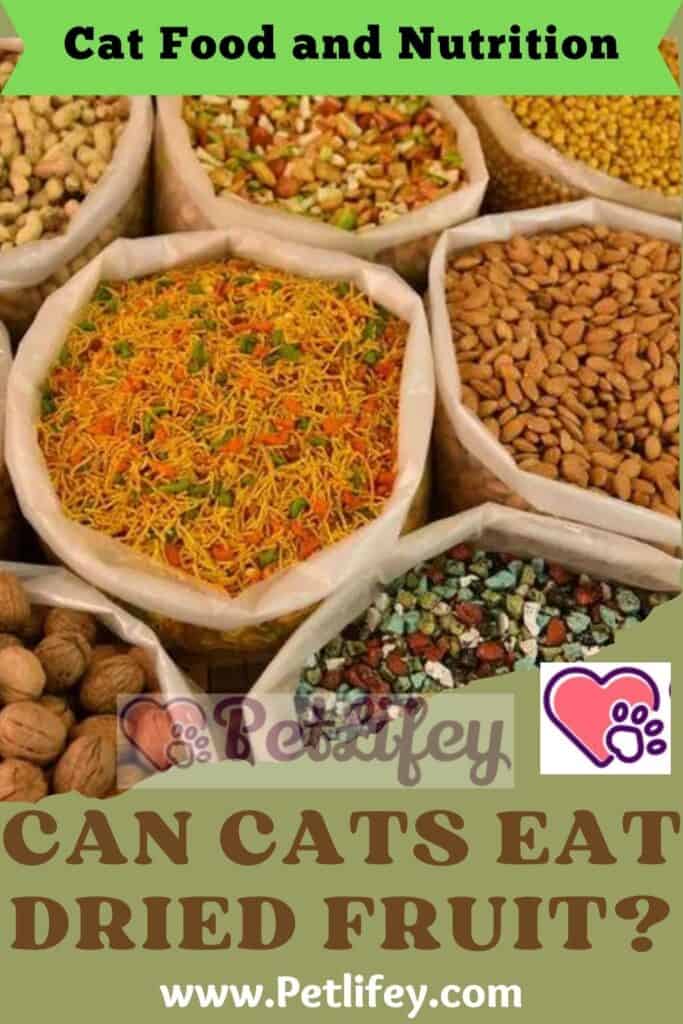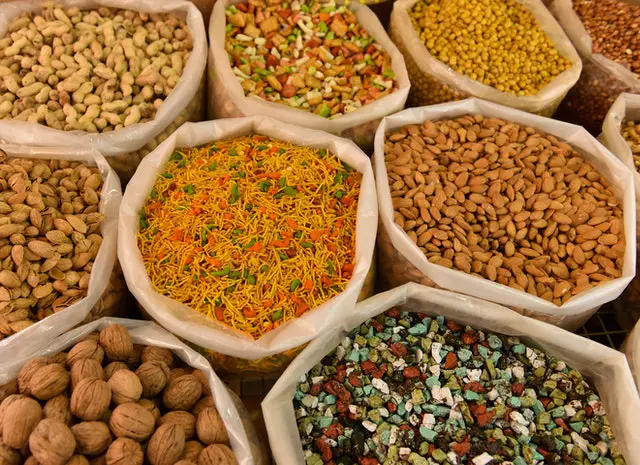
Can cats eat dried fruit? Let’s find out together what are the advantages and disadvantages related to these autumn fruits.
One of the most consumed foods during the autumn season is dried fruit: cashews, almonds, hazelnuts, walnuts, pistachios; the sample collection is very vast. They are the ideal fruits to munch on during a snack, perhaps in the company, even of our pet. But can cats eat dried fruit? Here’s everything you need to know about it.
The cat’s diet
The cat and fruit, as we know, are not the ideal combination par excellence; but this does not mean that the feline cannot feed on some foods of this food category. The relationship between cat and fruit is quite peculiar: just think of the fact that the feline has no need to eat it, and in fact it does not eat it at all in nature.
Of course, for the domestic cat the situation is a little different: living next to the human being every day, he has learned, if not to eat, to taste some foods that do not fit into his natural diet; among these also fruit.
However, he remains an obliged carnivore and his diet must be based on this food. The feline has a very delicate nutritional balance that cannot be altered. One of the most common mistakes in feeding the cat is precisely to modify this structure: 90% of its menu must be made up of meat, the quantity of which must not fall below this threshold.
Another very common mistake is to give food to the cat (even dried fruit), without asking in advance if they are really suitable for his body; and instead there are several foods forbidden to cats.
Can cats eat dried fruit?

- Can cats eat walnuts?
Nuts are not poisonous to cats; not only the common ones, but also macadamia nuts (poisonous to dogs): there are no current studies demonstrating the toxicity of these foods for felines. Of course, this does not mean that he can eat out of it; indeed, the quantities must be rather modest.
We are talking about dried fruit which basically does not bring any nutritional advantage to the cat, while the risks are quite numerous: from obesity to feline pancreatitis. Even an occasional excessive consumption can have repercussions, of a temporary nature, on the intestine of the animal.
- Can cats eat cashews?
Cashews are dried fruits with a high protein content. Their consumption is not recommended for the feline, which would have difficulty digesting the fruit. Also in this case then, a constant intake over time can cause obesity and feline pancreatitis . Also beware of the risk of suffocation, especially in kittens.
- Can cats eat almonds?
Almonds are very fatty; but, in the face of the high fat content, the cat is unable to obtain sufficient sources of energy, although at the same time exposing itself to the risk of weight gain. Habitual consumption leads, also in this case, to feline pancreatitis.
- Can cats eat hazelnuts?
Also for hazelnuts the same goes for cashews: they do not bring any particular benefit to the feline, which is incapable of extracting its energy sources from plant foods. The risks associated with the consumption of hazelnuts are the same as those of other dried fruits that we have already seen.
- Can cats eat pistachios?
It is not recommended to feed pistachios to cats. The feline’s stomach is unable to properly digest the dried fruit, which could cause gastrointestinal pain and possible vomiting. Another possible risk is that the cat eats the pistachio including the shell, which can cause obstruction in the intestine, which unfortunately can have even fatal consequences. In short, it is better to avoid pistachios and all dried fruit in general for our little living room tiger.






